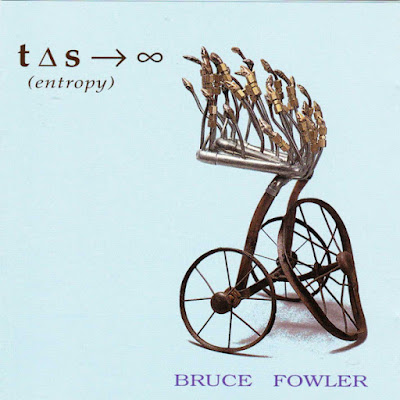Harlem River Drive
1971
Harlem River Drive
01. Harlem River Drive (Theme) 4:05
02. If (We Had Peace Today) 2:56
03. Idle Hands 8:27
04. Broken Home 10:35
05. Seeds Of Life 5:07
Allan Taylor: Choir/Chorus
Andy González: Bass (Electric)
Barry Rogers: Trombone
Bernard "Pretty" Purdie: Drums
Bob Mann: Guitar
Bruce Fowler: Trombone
Burt Collins: Trumpet
Charlie Pamieri: Organ
Cornell Dupree: Guitar
Dean Robert Pratt: Drums
Dick Meza: Sax (Tenor)
Eddie Pamieri: Piano
Eladio Perez: Congas
Gerald Jemmott: Bass
Jimmy Norman: Vocals
Manny Oquendo: Congas, Cowbell, Timbales
Marilyn Hirscher: Chorus
Nicky Marrero: Drums, Timbales
Randy Brecker: Trumpet
Reggie Ferguson: Drums
Ronnie Cuber: Sax
Victor Venegas: Bass
The reason this record is "legendary" is because it marks the first recorded performances, in 1970, of Eddie and Charlie Palmieri as bandleaders. The reason it should be a near mythical recording (it has never been available in the U.S. on CD, and was long out of print on LP before CDs made the scene), is for its musical quality and innovation. The Palmieris formed a band of themselves, a couple of Latinos that included Andy Gonzales, jazz-funk great -- even then -- Bernard "Pretty" Purdie, and some white guys and taught them how to play a music that was equal parts Cuban mambo, American soul via Stax/Volt, blues, Funkadelic-style rock, pop-jazz, and harmonic and instrumental arrangements every bit as sophisticated as Burt Bacharach's or Henry Mancini's or even Stan Kenton's. One can hear in "Harlem River Drive (Theme)" and "Idle Hands" a sound akin to War's on World Is a Ghetto. Guess where War got it? "If (We Had Peace)" was even a model for Lee Oskar's "City, Country, City." And as much as War modeled their later sound on this one record, as great as they were, they never reached this peak artistically. But there's so much here: the amazing vocals (Jimmy Noonan was in this band), the multi-dimensional percussion section, the tight, brass-heavy horn section, and the spaced-out guitar and keyboard work (give a listen to "Broken Home") where vocal lines trade with a soprano saxophone and a guitar as snaky keyboards create their own mystical effect. One can bet that Chick Corea heard in Eddie's piano playing a stylistic possibility for Return to Forever's Light As a Feather and Romantic Warrior albums. The band seems endless, as if there are dozens of musicians playing seamlessly together live -- dig the percussion styling of Manny Oquendo on the cowbell and conga and the choral work of Marilyn Hirscher and Allan Taylor behind Noonan. Harlem River Drive is a classic because after 30-plus years, it still sounds as if listeners are the ones catching up to it. It's worth every dime you pay for it, so special order it today.
This is the only album by what may be called a musical project rather than a band by the name of Harlem River Drive. Those who find out that Eddie Palmieri and his brother Charlie were part of this project may be erroneously led to think that they are going to buy a Salsa record. Far from it! Though Latin influences are strong (particularly from the Timbales), the basic style is Funk, with a good dose of Jazz-Fusion. In 1971, only Santana, War and Earth, Wind & Fire and on the East coast, Joe Bataan were making music with a similar feel. The lyrics refer to the experience of life lived in the vicinity of the Harlem River Drive - socially conscious, critical. They would be cheesy if used like that today, but this was 1971, a different time altogether. The song songs are like jams. There are awesome excursions by the group members.
An overlooked gem worth the effort of chasing it.








